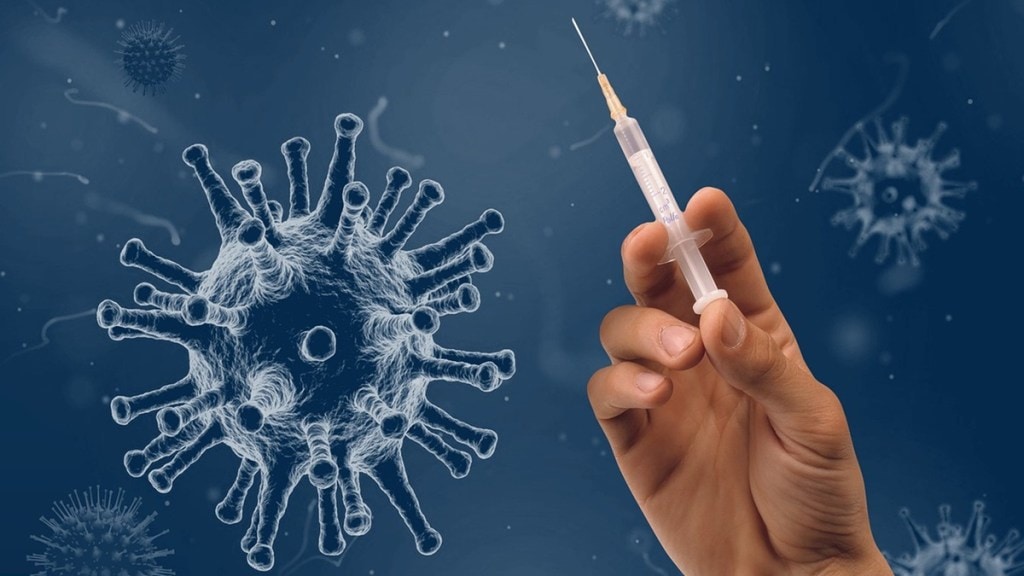An alarming new study has revealed that COVID-19 vaccines can cause “post-vaccination syndrome” that can cause a range of side-effects like fatigue, exercise intolerance, brain fog, tinnitus and dizziness.
The researchers of the small study appear to show distinct biological changes which include differences in immune cells, reawakening of a dormant virus called Epstein-Barr, and the persistence of a coronavirus protein in their blood, New York Times reported.
The study was posted online last week and it is not yet published in any scientific journal.
“I want to emphasize that this is still a work in progress. It’s not like this study determined what’s making people sick,” said Akiko Iwasaki, an immunologist at Yale University who led the work, as quoted by The New York Times. “But it’s the first kind of glimpse at what may be going on within these people.”
Reportedly, several independent experts have maintained that although the findings were not conclusive, the study highlights the importance post-vaccination syndrome deserves further scrutiny.
Dr. Iwasaki and her team collected blood samples from 42 people with post-vaccination syndrome and 22 healthy people without it between December 2022 and November 2023. The researchers found that people who suffered from this syndrome were generally in poorer health than the average American.
According to the New York Times report, like people with long Covid, those with post-vaccination syndrome showed reactivation of Epstein-Barr virus, a virus that may lie dormant in the body and is linked to mononucleosis, multiple sclerosis and other conditions. Some cases of long Covid are thought to result from the persistence of the spike protein of the coronavirus, resulting in a heightened state of inflammation in the body.
The researchers also found that people with post-vaccination syndrome had significantly higher plasma levels of the coronavirus spike protein than everyone else. This included those with long Covid from 26 to 709 days after receiving the vaccine.
Dr. Iwasaki also maintained that mRNA itself, used in vaccines, was unlikely to be the source of the protein so long after the shots were administered. “Something else is allowing this sort of late-phase expression of spike protein, and we don’t really know what that is,” she said.
Dr Akiko Iwasaki, the lead researcher behind the paper, told DailyMail.com she understands her findings could be seen as controversial. But she wants patients to know her team will keep studying to bring them ‘better transparency and safer vaccines.’
The researchers are planning to continue to with their research and launch a larger study.

